62nd PMAP
ANNUAL CONFERENCE
October 22-24, 2025
Co-regeneration in 2022, Rebirth in 2023, Rehumanize in 2024. What's the next step?
This year, we will UNLEASH your talents through three steps: Enrich by adding value to the person through skills and values development; Enable by providing the tools to do something purposely and efficiently; and Empower by providing the authority to make decisions and take control.

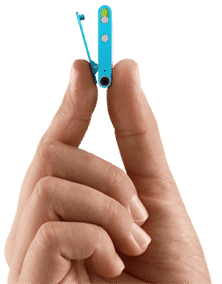
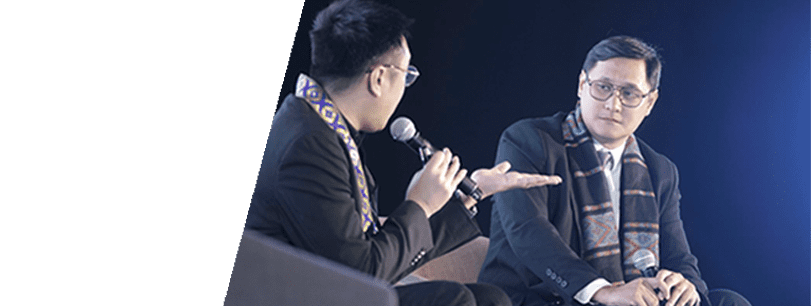
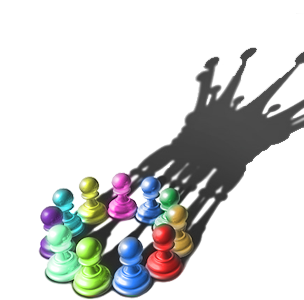
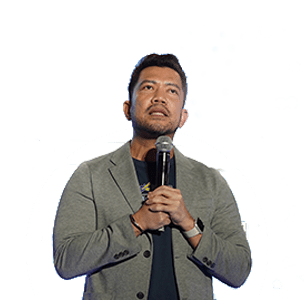
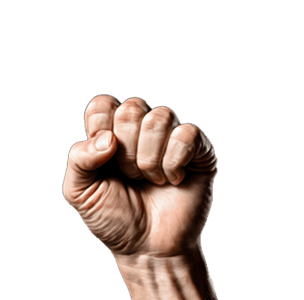

To add value to the person through skills and values development. Key areas include skills upgrade, fast tracking high potentials, increased involvement in decision making, exposure to better work-life experiences, harmonization, wellness, and significant self-actualization and aspirational development.
To provide the tools for someone to be able to do something purposefully and efficiently. This includes systems and process reviews and modifications, use of technology, coaching and mentoring, deconstructing intents and methodologies, and clearing the way for faster, data-centered and results-driven decision making.
To provide the authority or power to act, make decisions or take control. This penultimate step to unleashing involves delegation, increased authority reach, accountabilities and responsibilities.
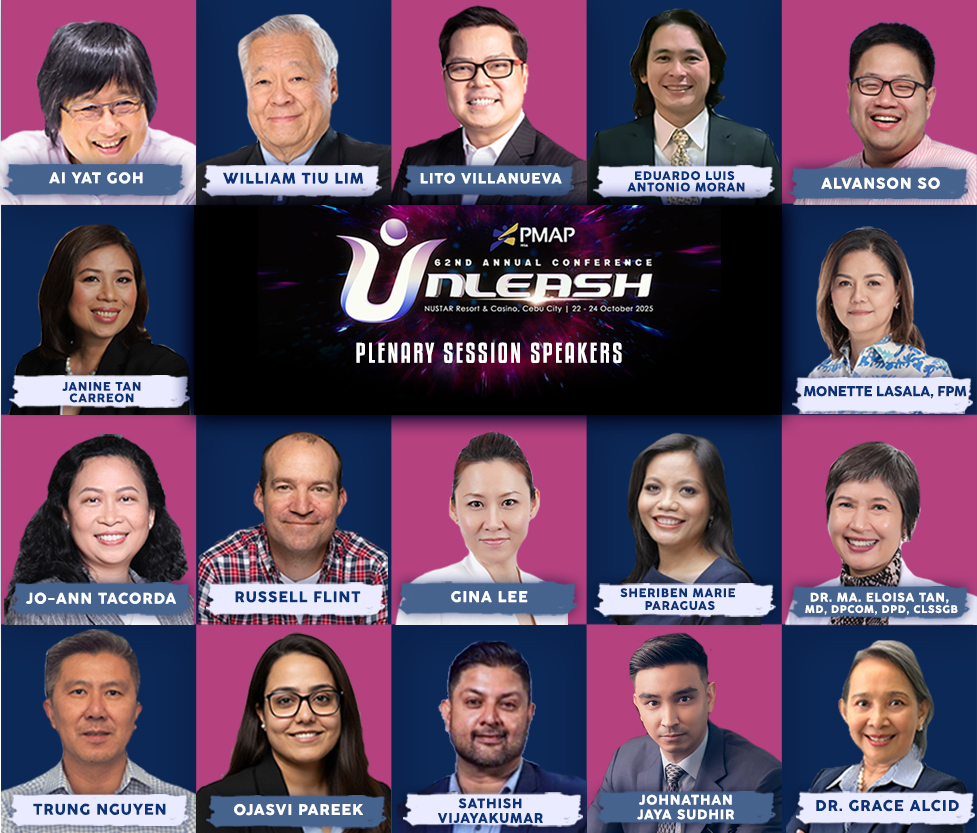
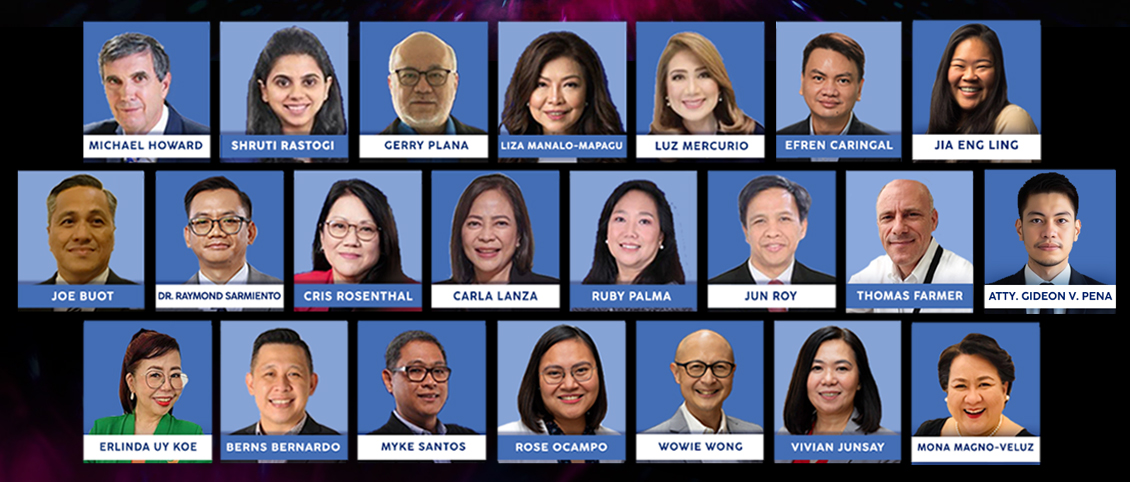
Member
₱27,000.00Non - Member
Rates are inclusive of 12% VAT
Member
₱11,500.00Non - Member
Rates are inclusive of 12% VAT
Hannah Sabarillo
hannah.sabarillo@pmap.org.ph
0908 131 0448
Carol Alcances
carol.alcances@pmap.org.ph
0917 580 0038